Alfalfa in Pregnancy and During Breastfeeding

Many women are already aware of alfalfa but are not clear about the benefits of consuming alfalfa during pregnancy and its potential side effects. Moms-to-be try to use every possible supplement to provide their body with the necessary nutrition. However, they also worry about protection from any potential harm during pregnancy. Adding alfalfa to the diet can, therefore, seem to be a decision that brings a lot of hesitation. The combination of alfalfa and pregnancy is a bit frowned upon, but what about consuming alfalfa while breastfeeding? Check out this detailed yet easy-to-understand guide on consuming alfalfa in pregnancy.
What Is Alfalfa?
Generally termed an herb, alfalfa has found its place in a number of health-based remedies and nutritional supplements available on the market. It is a perennial herbaceous plant coming from the family Fabaceae (1). The constitution of alfalfa has provided itself with a large variety of minerals and rare elements. Silicon, phosphorous, chlorine, sodium, potassium, calcium, iron, and magnesium are just a few of the many minerals present in it. A number of vitamins are present in the herb as well, such as vitamins K, E, and C. The proportion of vitamin K is the highest, which makes it quite beneficial in helping the blood to coagulate and prevent the chances of bleeding during delivery as well as any haemorrhage. Another useful element in alfalfa is amino acids, which are highly essential for pregnant women.
Is Alfalfa Safe During Pregnancy and Breastfeeding?
There’s a hush-hush among people regarding the use of alfalfa during pregnancy and breastfeeding. To give you a clear answer: alfalfa sprouts, like most sprouts, are not safe for consumption during pregnancy when eaten raw, as they carry the risk of bacterial infections, including E. coli or Salmonella (2). Alfalfa sprouts can be safely consumed when thoroughly cooked (3). Alfalfa leaves, its other parts, and supplements, on the other side, need more research to back their safety during pregnancy.
Although alfalfa is considered ‘generally recognized as safe’ (GRAS) by the USDA, it use during breastfeeding still needs more circumstantial data and evidence on the safety and efficacy for breastfeeding mothers (4). the consumption of alfalfa in breastfeeding should only be under a health expert’s guidance.
Benefits of Alfalfa for Pregnant Women and Nursing Mothers
Consuming alfalfa tablets or even making tea out of them has a ton of benefits for pregnant women and mothers who are breastfeeding their children. Many of those are on a generic level helping the body stay healthy, while others can effectively make your pregnancy and nursing stage better altogether.
- Alfalfa provides women with a good dose of vitamin K that is necessary for the baby’s growth.
- Lactating women who have a low supply of milk can benefit from consuming alfalfa, as it is known as a popular galactagogue (5). You’ll find several supplements containing fenugreek seeds and alfalfa to boost breast milk supply (6).
- The symptoms of morning sickness can be reduced as well.
- The immunity system is strengthened substantially.
- It helps alleviate a lot of body problems such as gout, pituitary issues, and so on.
- It brings down blood pressure and reduces cholesterol (7).
- It improves the digestion process and revitalises the teeth damaged from decay.
- Alfalfa leaves also keep blood sugar levels in check by stimulating insulin secretion (8).
Side Effects of Using Alfalfa
While using alfalfa sprouts during pregnancy does have its own share of advantages for you and your baby, there are a bunch of side effects that one has to be aware of. Some of the common side effects are:
During Pregnancy
- Consumption of the alfalfa leaf while you’re pregnant can interact with any kind of anticoagulation medicine you might be taking since it contains vitamin K in substantial quantities.
- Consumption of alfalfa has also been known to trigger allergic reactions in a few people and can also make the conditions of breast cancer or uterus problems worse than before.
- Eating raw alfalfa sprouts is riskier, since it may contain microbes, which can cause a salmonella infection and harm the pregnancy (9).
During Breastfeeding
- While a controlled proportion of alfalfa is considered to be safe, consuming them in large portions can lead to a lot of complications, especially during breastfeeding. The milk supply can boost more than necessary, causing leakage problems, and even reducing the overall quality of milk.
- Since consuming alfalfa also means that your baby ends up getting it indirectly, a large amount can cause diarrhoea in the baby and the mother.
- Consuming alfalfa in a form that is not recommended by a doctor or any authority can be quite harmful and cause numerous complications.
How to Consume Alfalfa During Pregnancy and Breastfeeding?
Alfalfa is often called ‘green gold’ as it is one of the best sources of vitamins A, B1, B6, B12, C, D, E, and K, folic acid, niacin, biotin, pantothenic acid, protein, minerals, saponins, and amino acids, including arginine (Arg), phenylalanine (Phe), histidine (His), cysteine (Cys), and aspartic acid (Asp) (8). While drinking alfalfa tea during pregnancy is one way of consuming alfalfa when pregnant, there are a bunch of other ways that can be opted for, even when breastfeeding your child.
1. Pairing Alfalfa With Other Milk Production Enhancers
When breastfeeding begins, many women opt for taking galactagogues, which are substances meant to increase the production of breastmilk in the body. These range from fennel nettles to fenugreek all seen as a potential way to boost milk supply. Alfalfa can be paired with these as well.
2. Using Tablets and Capsules Made of Alfalfa
A lot of pharmacies or doctors might help you get alfalfa tablets or capsules, as per your preference. Many doctors themselves might end up prescribing you the right dosage to derive the benefits from it. Always consult a doctor before taking alfalfa capsules and follow the dosage they give.
3. Making a Tea From Alfalfa
Quite a popular way to consume alfalfa among many women, this is highly preferred since it counters the naturally bitter taste that alfalfa leaves have. Drying them and using a couple of teaspoons to make tea in boiling water should do it. Drinking around three cups of alfalfa tea made in that manner is usually thought to be healthy.
4. Introducing Alfalfa to Your Usual Diet
The easiest way to consume alfalfa without having to do a lot of work is by adding it to your food while you’re cooking it. You can obtain alfalfa seeds and sprouts and use them just the way you’d use peas. Including them in soups and adding them to salads is a great way to consume them.
Precautions to Keep in Mind While Consuming Alfalfa
Before consuming alfalfa in any form, it is important to keep some precautions in mind (10):
- Consume alfalfa according to the required dosage after consulting your doctor or a certified lactation consultant. Do not exceed the required dosage.
- Purchase alfalfa products like supplements, sprouts, seeds, or dried leaves from a certified and reputed source only.
- Avoid alfalfa products if you are on a course of birth control pills or immunosuppressants.
- Follow proper guidelines while consuming alfalfa products as well as the duration of the course as prescribed by the experts. Avoid long-term usage without any doctor consulation.
- Consult your doctor for the usage of alfalfa products if you are on hypoglycemic drugs.
FAQs
1. Can alfalfa cause constipation in breastfeeding mothers?
No, alfalfa does not cause constipation. It is, in fact, a good source of dietary fibre (1.9 grams of fibre per 100g alfalfa) and helps with bowel movements (11) (12).
2. Is it possible for alfalfa to interact with breastfeeding mothers’ medications when taken during lactation?
Although limited research has been done to conclude the interaction of alfalfa with medications taken by nursing moms, alfalfa is commonly known to react with several blood-thinning medications like digoxin, warfarin, and lithium (13). It is extremely important for breastfeeding mothers to consult their doctor before consuming alfalfa and IRS products.
3. Can pregnant women eat alfalfa sprouts?
Pregnant women are advised not to eat raw alfalfa sprouts as they carry the risk of E. coli and Salmonella. Thoroughly cooked alfalfa is safe to consume (3).
4. Can alfalfa consumption during breastfeeding alter the taste of breast milk?
There is no scientific that may prove an alteration of the taste of breast milk due to alfalfa consumption.
5. How much alfalfas should breastfeeding or nursing mothers consume in a day?
There is no specific recommended daily intake for alfalfa consumption by pregnant or breastfeeding women. It is essential to consult a doctor about the required dosage.
Doctors may recommend consuming alfalfa supplements during pregnancy, or you may choose to start them on your own. However, understanding its results and staying in the safe zone can help you derive its benefits without succumbing to its adverse effects.
References/Resources:
1. Alfalfas; ScienceDirect; https://www.sciencedirect.com/topics/agricultural-and-biological-sciences/alfalfa
2. Alfalfa; Drugs.com; https://www.drugs.com/npp/alfalfa.html
3. Early Pregnanct Guidelines; Columbia Fertility; https://www.obgyn.columbia.edu/file/21001/download?token=KOToM4iE
4. Alfalfa; Drugs and Lactation Database (LactMed®) [Internet]. Bethesda (MD): National Institute of Child Health and Human Development; https://www.ncbi.nlm.nih.gov/books/NBK501830/; 2006
5. Budzynska K, Gardner ZE, Low Dog T, Gardiner P. Complementary, holistic, and integrative medicine: advice for clinicians on herbs and breastfeeding. Pediatr Rev.; PubMed Central; https://www.ncbi.nlm.nih.gov/pmc/articles/PMC4530286/; August 2013
6. Boosting Your Breast Milk Supply With Galactagogues; American Pregnancy Association; https://americanpregnancy.org/healthy-pregnancy/breastfeeding/galactagogues-boosting-your-milk-supply/
7. Amraie E, Farsani MK, Sadeghi L, Khan TN, Babadi VY, Adavi Z. The effects of aqueous extract of alfalfa on blood glucose and lipids in alloxan-induced diabetic rats. Interventional Medicine & Applied Science; PubMed Central; https://www.ncbi.nlm.nih.gov/pmc/articles/PMC4609025/; September 2015
8. Farsani MK, Amraie E, Kavian P, Keshvari M. Effects of aqueous extract of alfalfa on hyperglycemia and dyslipidemia in alloxan-induced diabetic Wistar rats. Interventional Medicine & Applied Science; PubMed Central; https://www.ncbi.nlm.nih.gov/pmc/articles/PMC5283756/; September 2016
9. Multistate Outbreak of Salmonella Saintpaul Infections Linked to Raw Alfalfa Sprouts (FINAL UPDATE); CDC; https://archive.cdc.gov/#/details?url=https://www.cdc.gov/salmonella/2009/raw-alfalfa-sprouts-5-8-2009.html
10. Alfalfa; MedlinePlus; https://medlineplus.gov/druginfo/natural/19.html
11. Alfalfa seeds, sprouted, raw; USDA; https://fdc.nal.usda.gov/fdc-app.html#/food-details/168384/nutrients
12. Alfafa; Organic Consumers Association; https://organicconsumers.org/alfalfa-beneficial-both-humans-and-livestock-alike/
13. Anemia; Mount Sinai; https://www.mountsinai.org/health-library/condition/anemia
Also Read:
Eating Parsley while Pregnant
Consuming Triphala when Pregnant
Is It Safe to Eat Rhubarb in Pregnancy
Which Herbal Teas Are Safe to Drink During Pregnancy?
Was This Article Helpful?
Parenting is a huge responsibility, for you as a caregiver, but also for us as a parenting content platform. We understand that and take our responsibility of creating credible content seriously. FirstCry Parenting articles are written and published only after extensive research using factually sound references to deliver quality content that is accurate, validated by experts, and completely reliable. To understand how we go about creating content that is credible, read our editorial policy here.






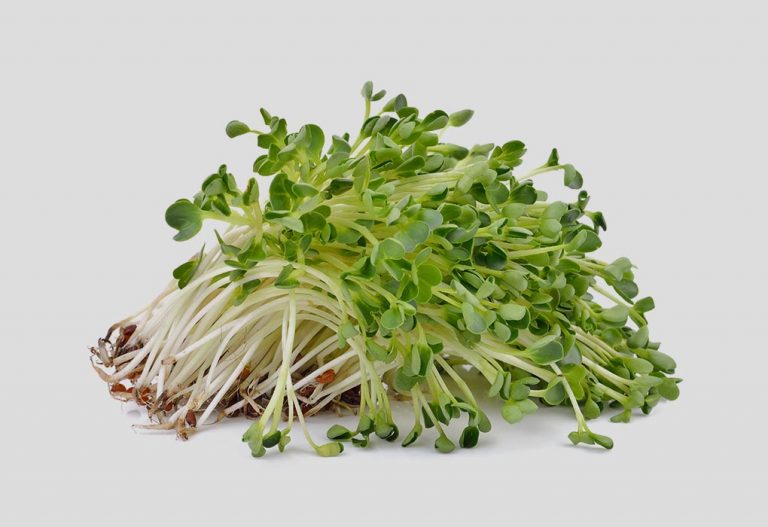
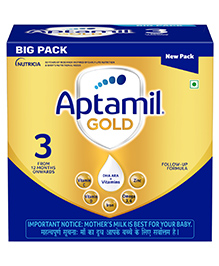
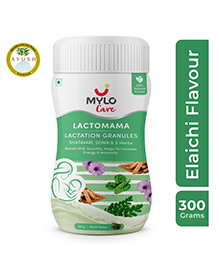
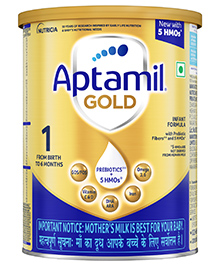
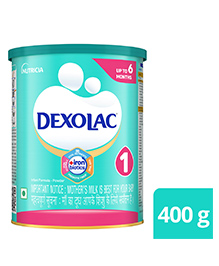
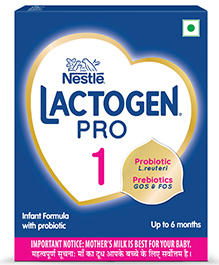

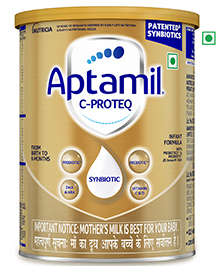
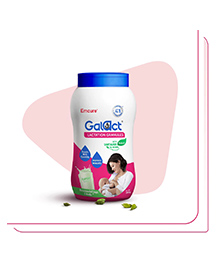
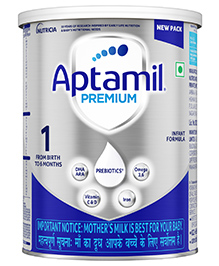
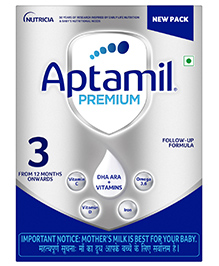
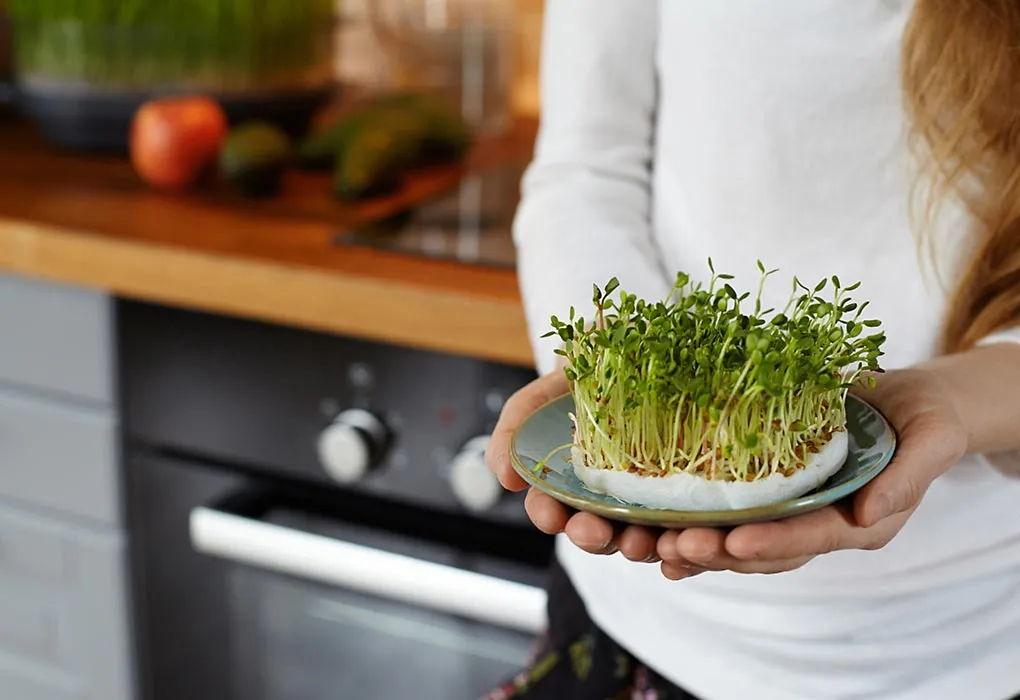







.svg)


















